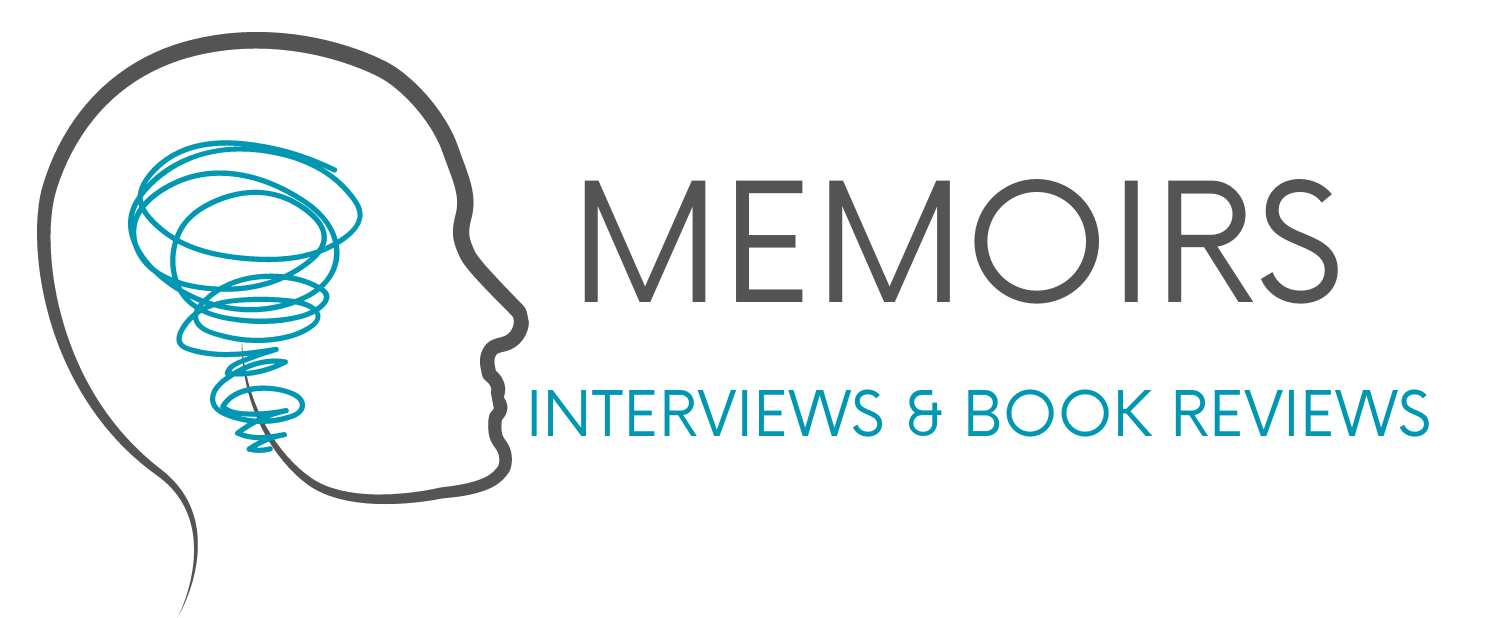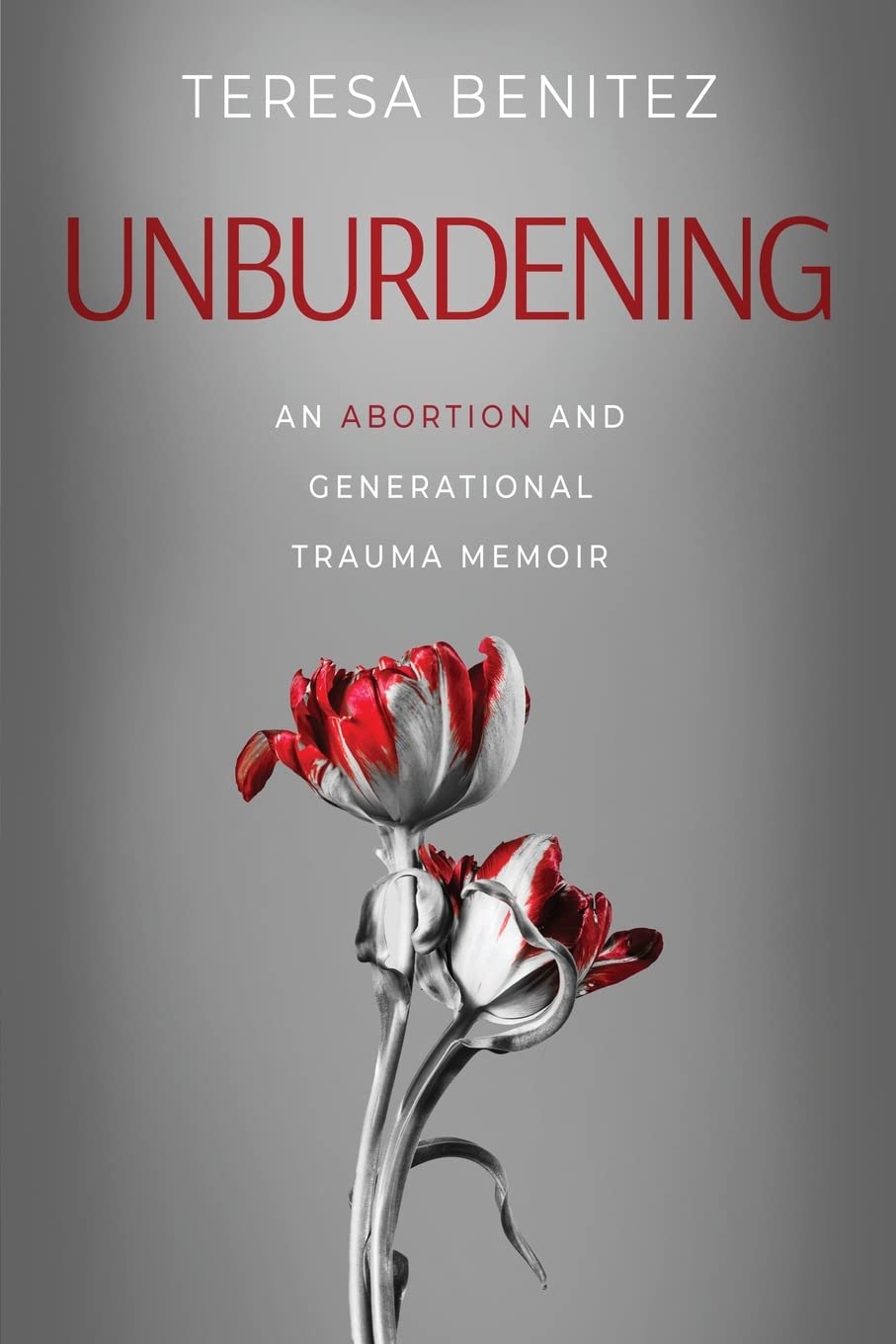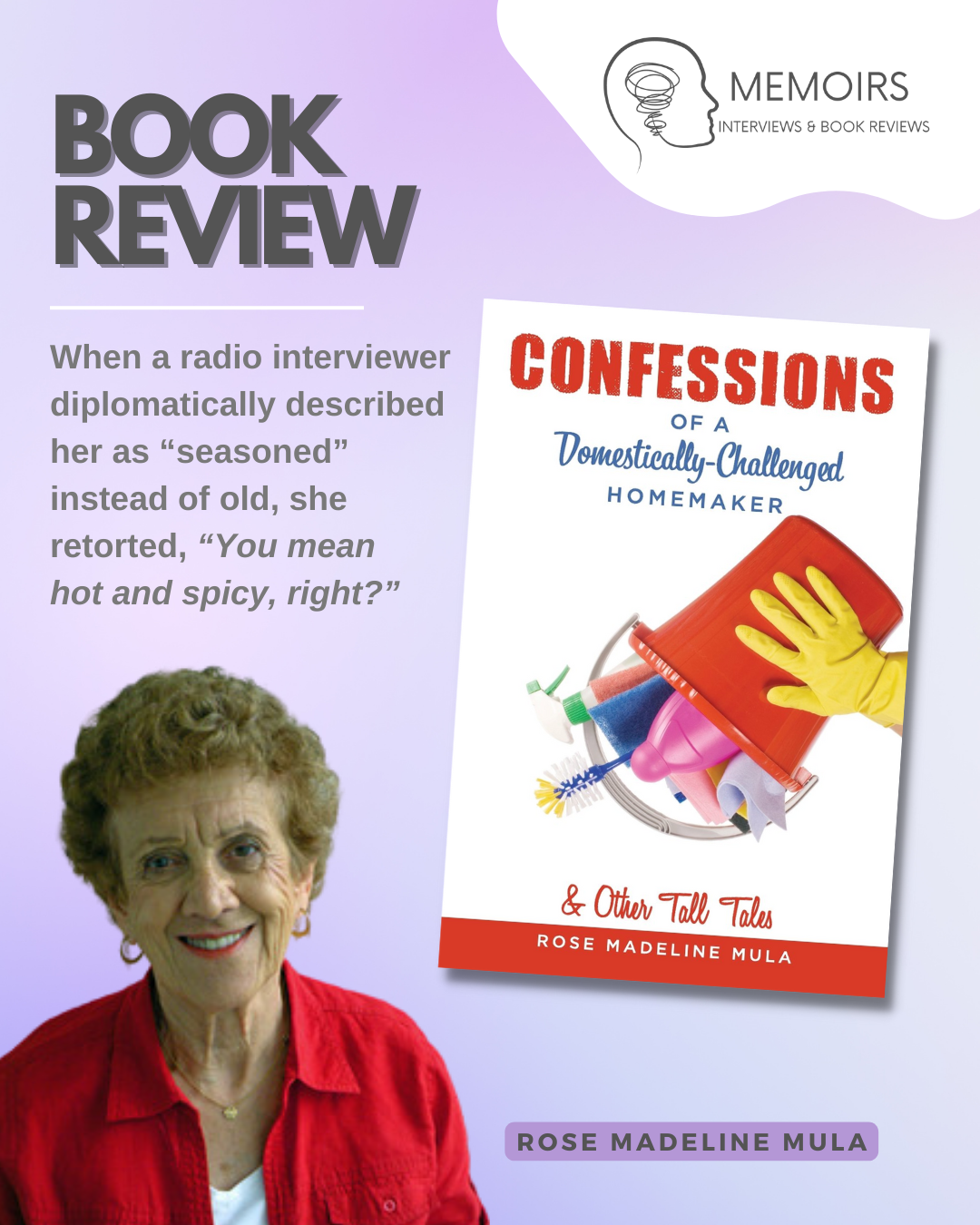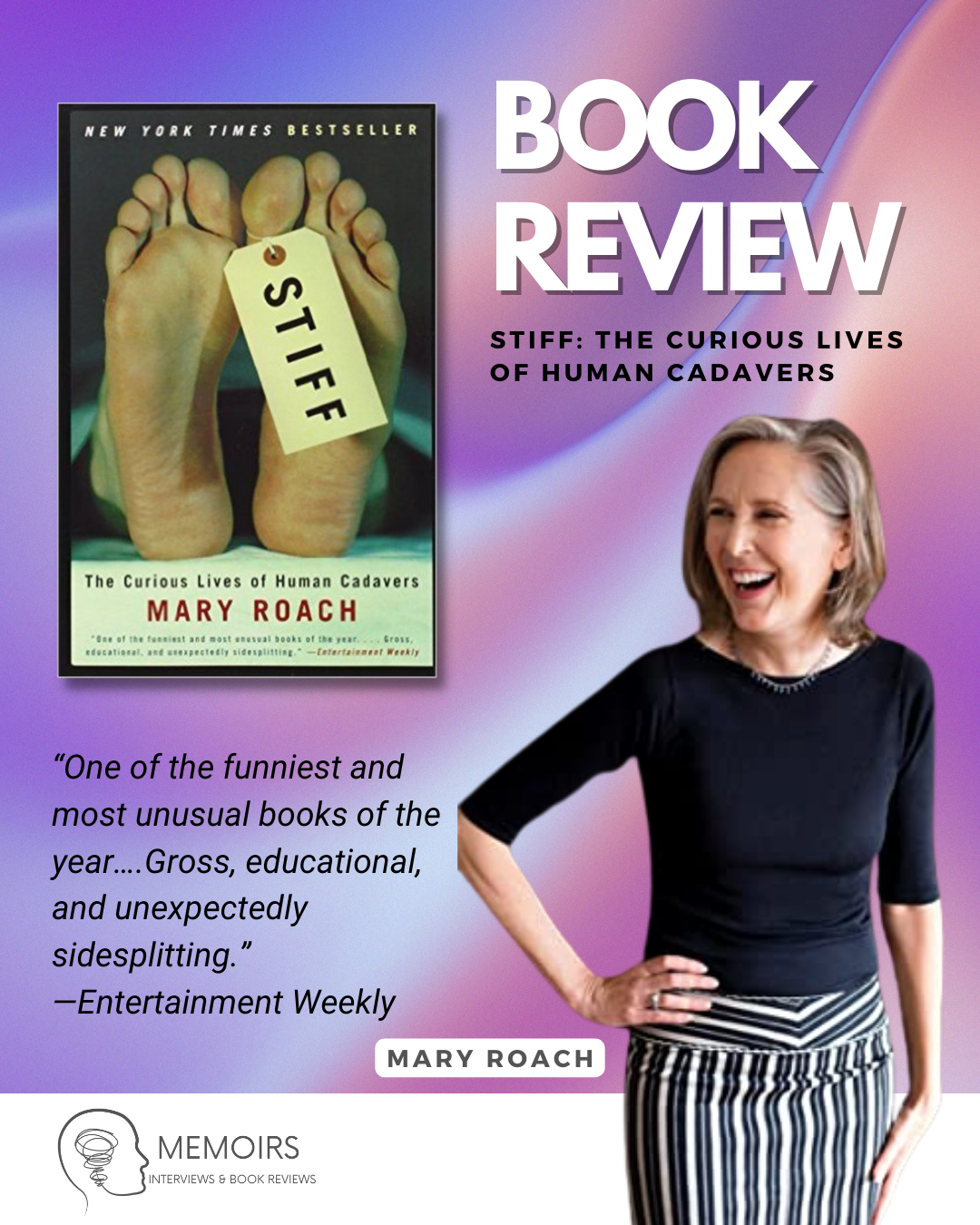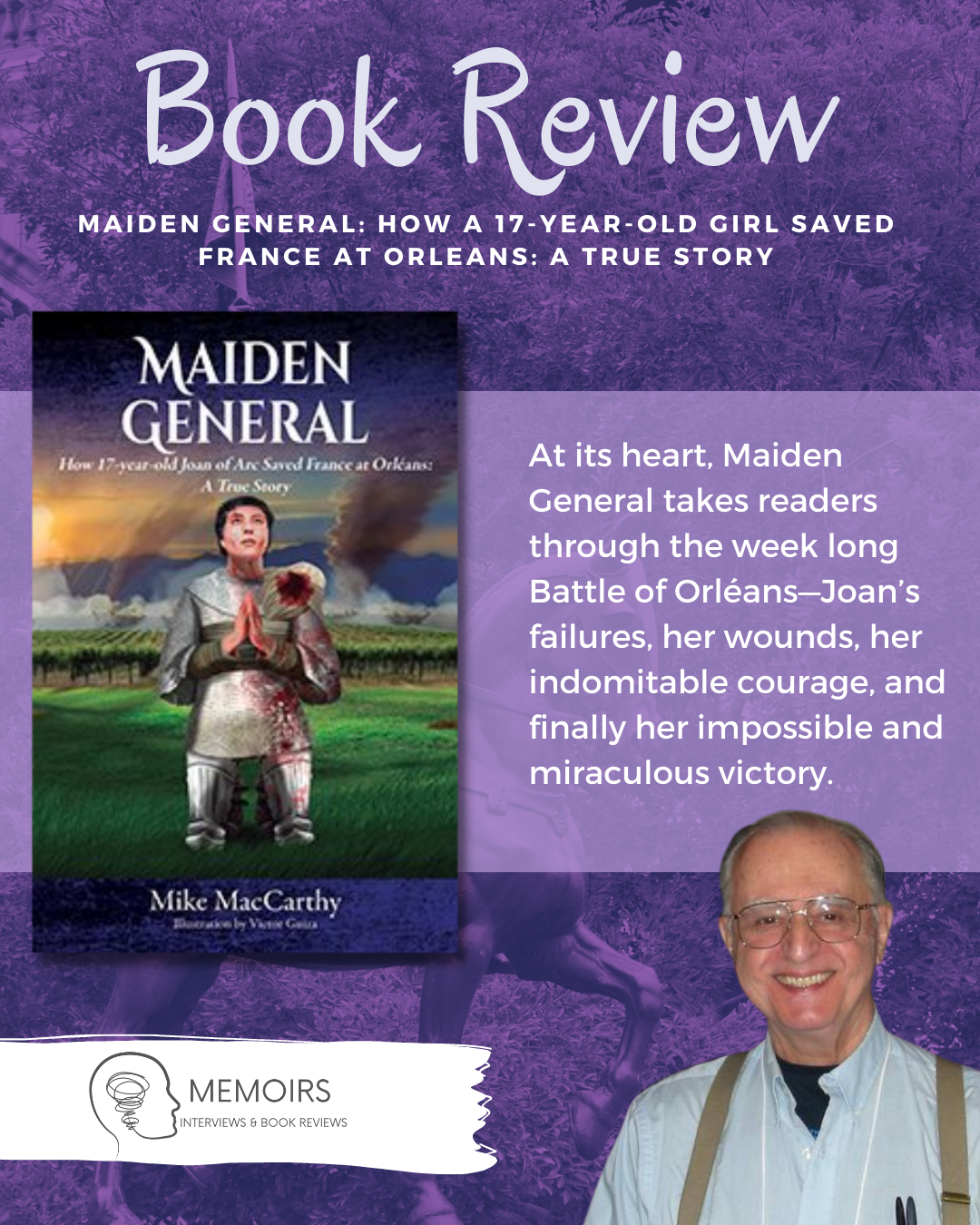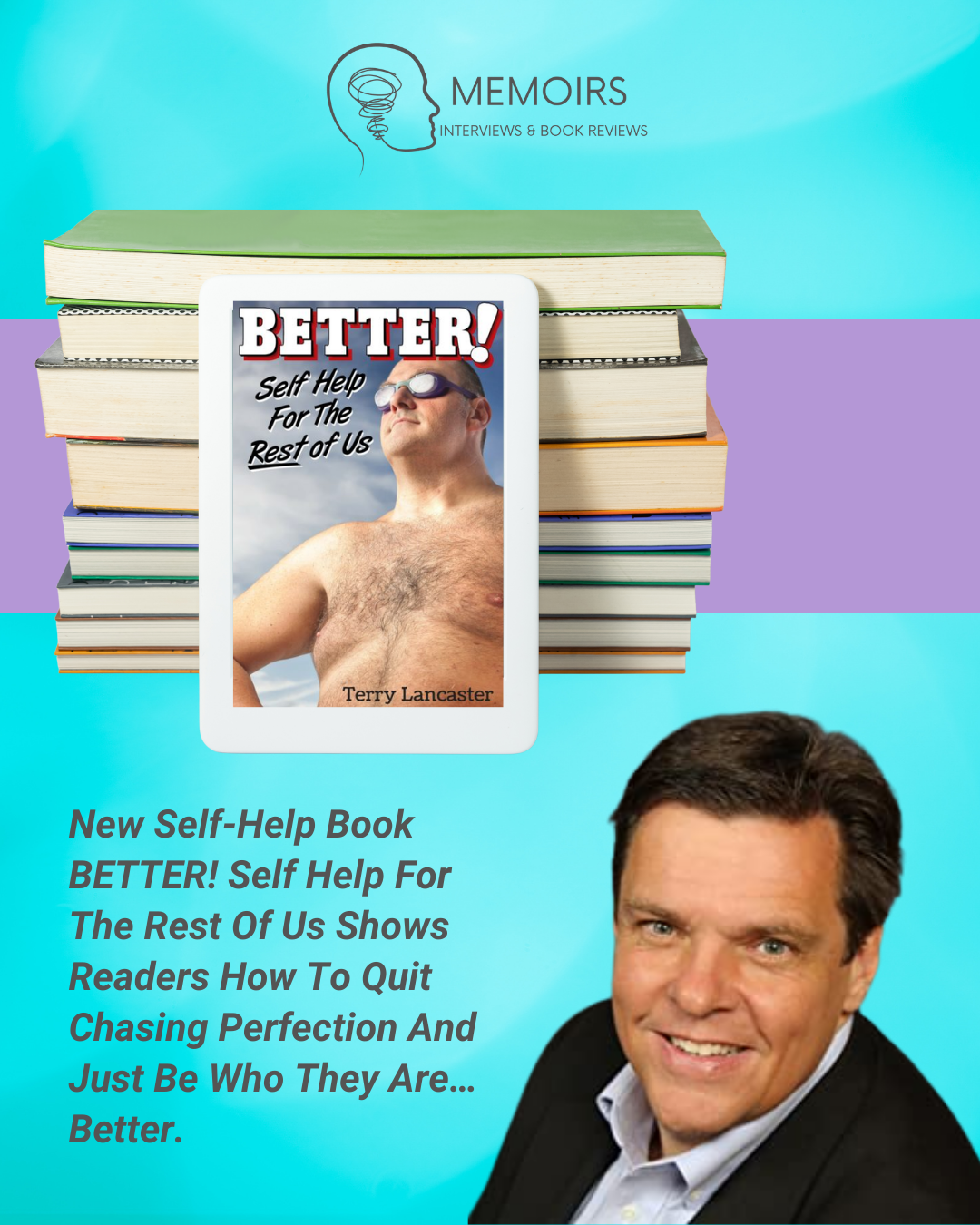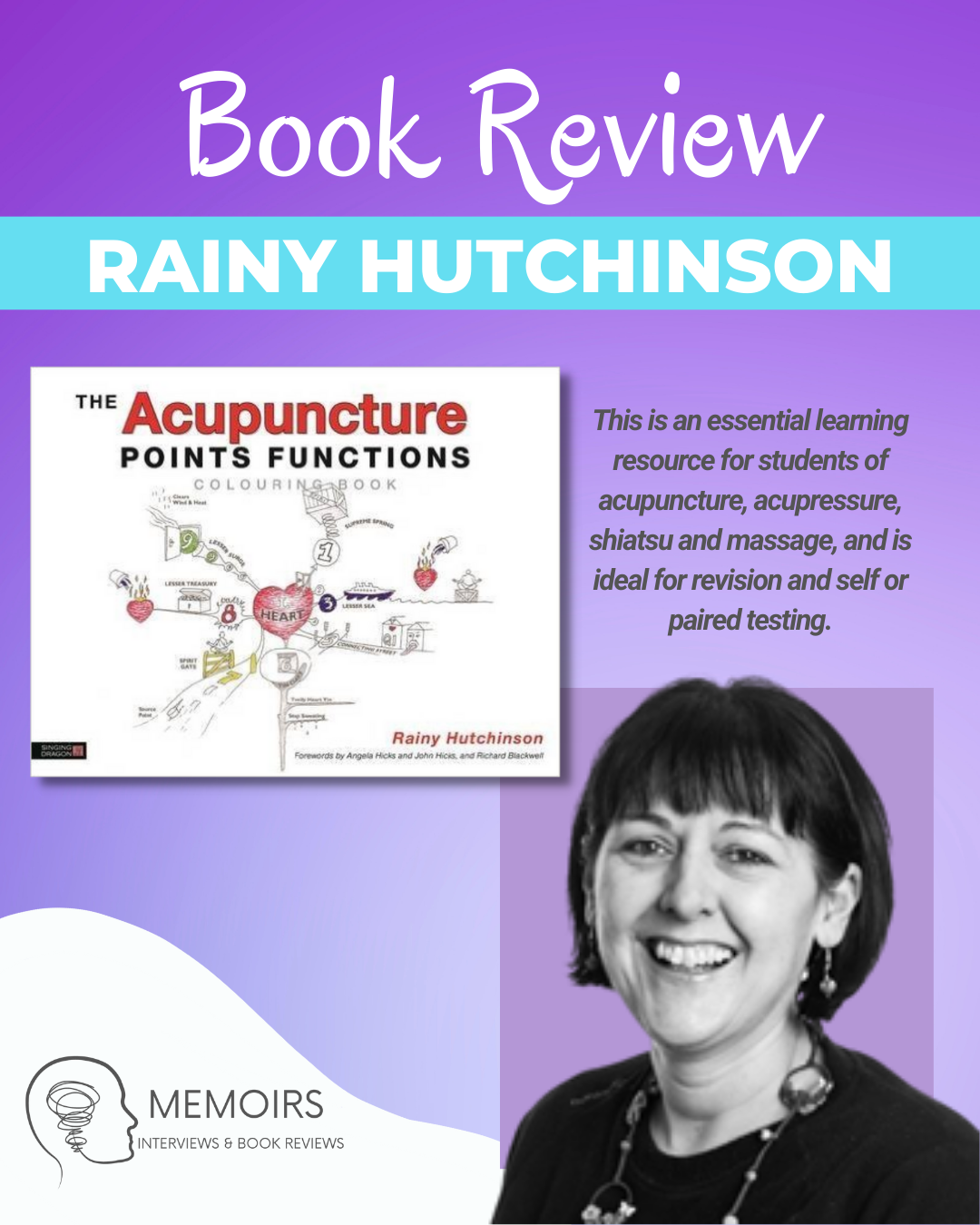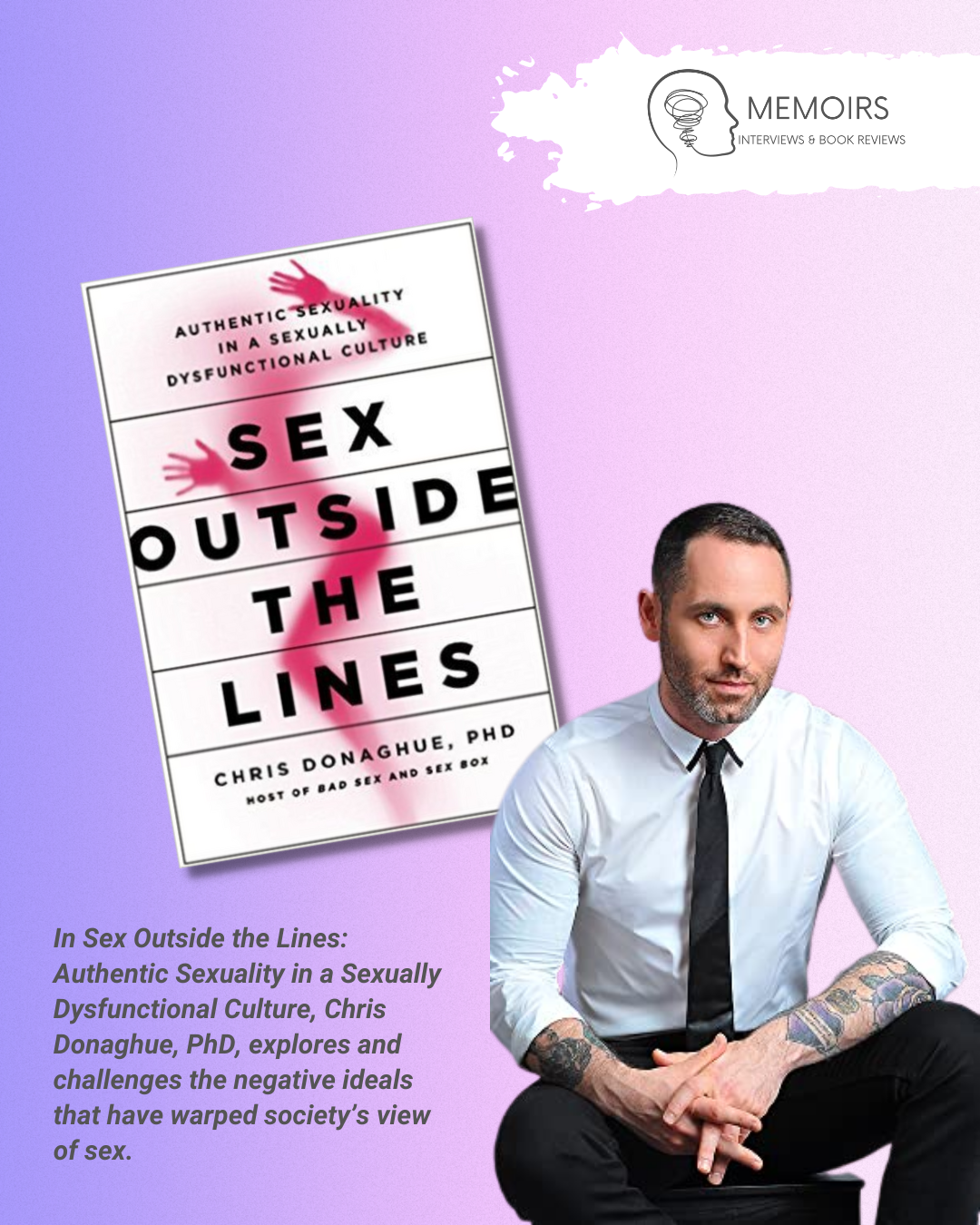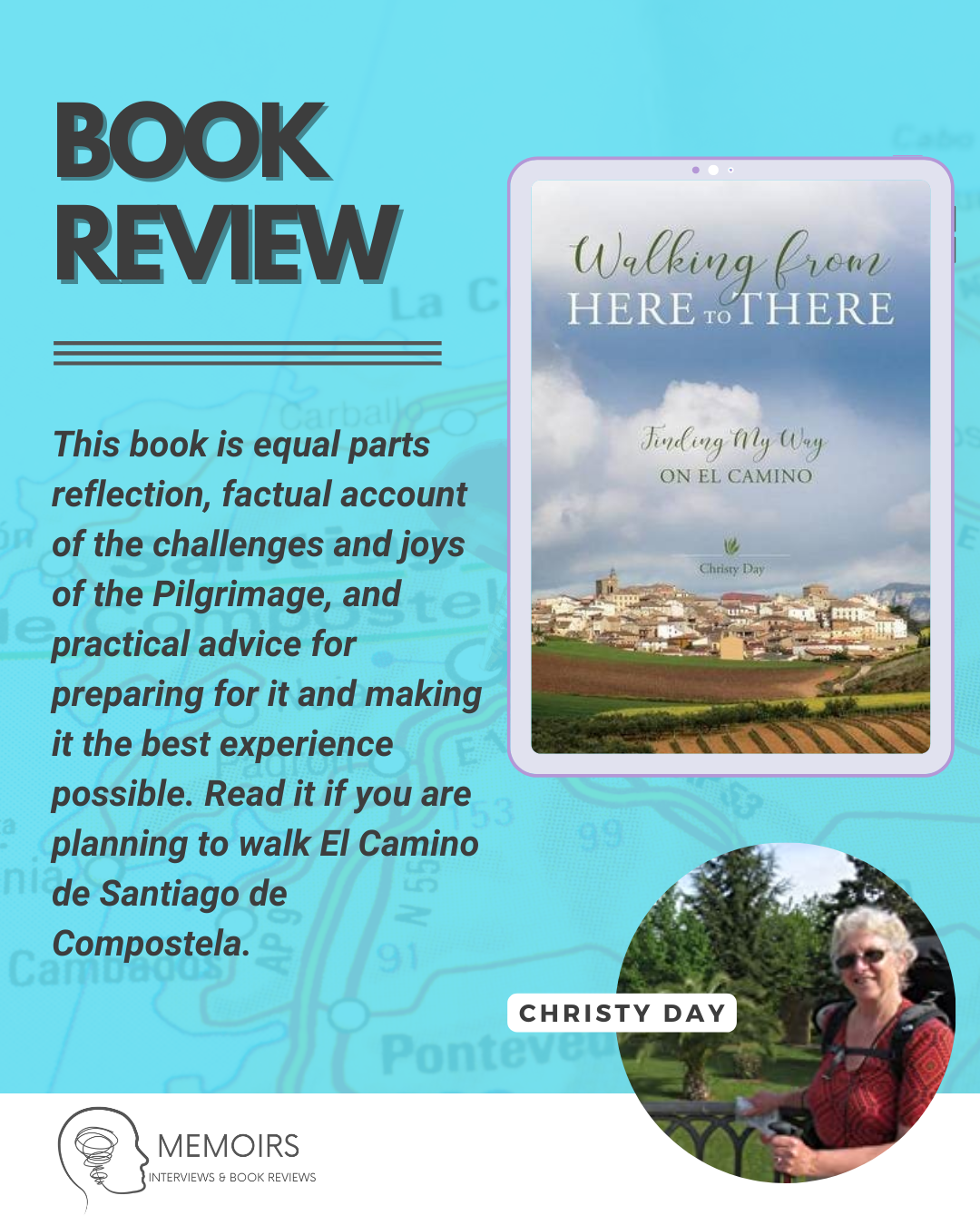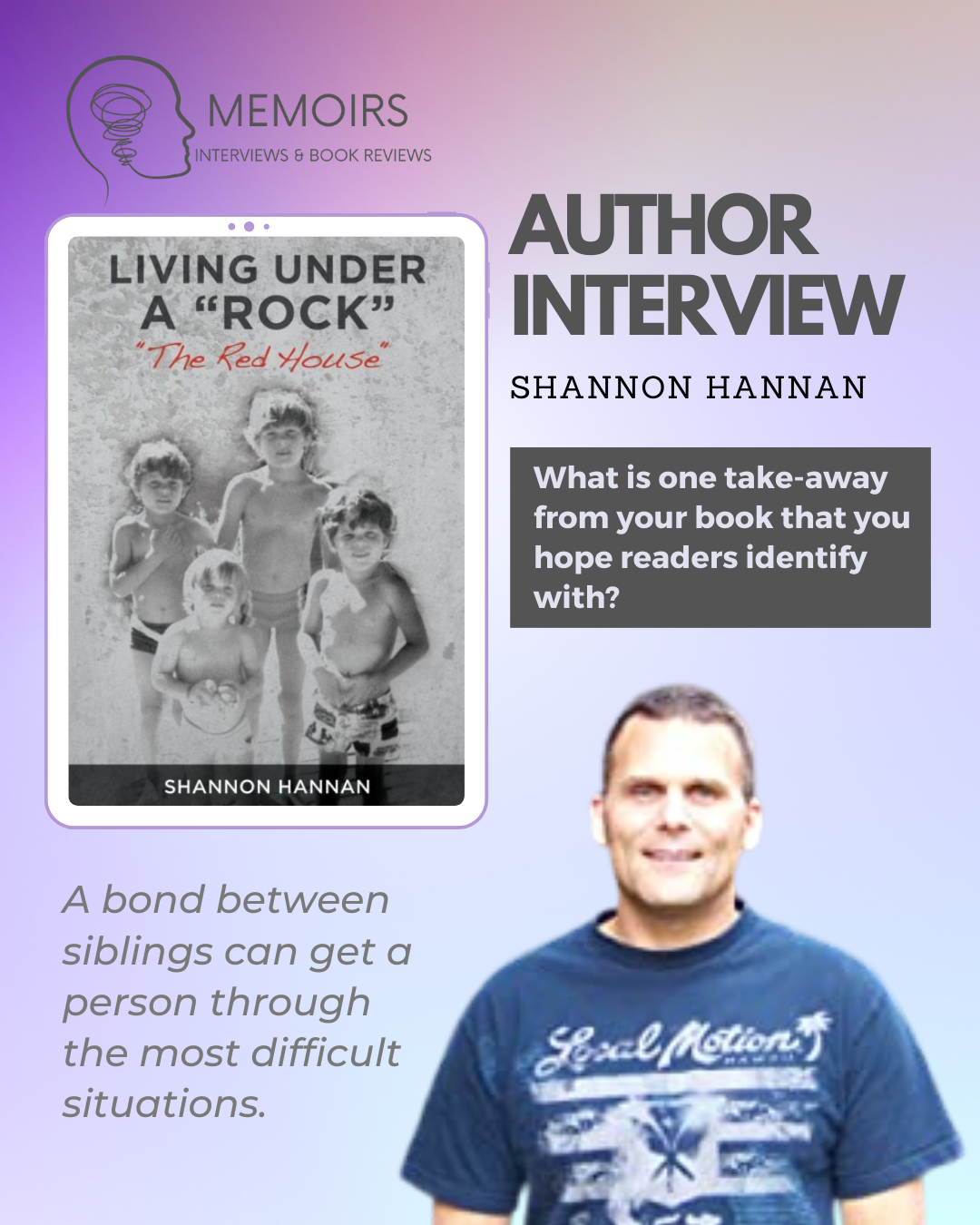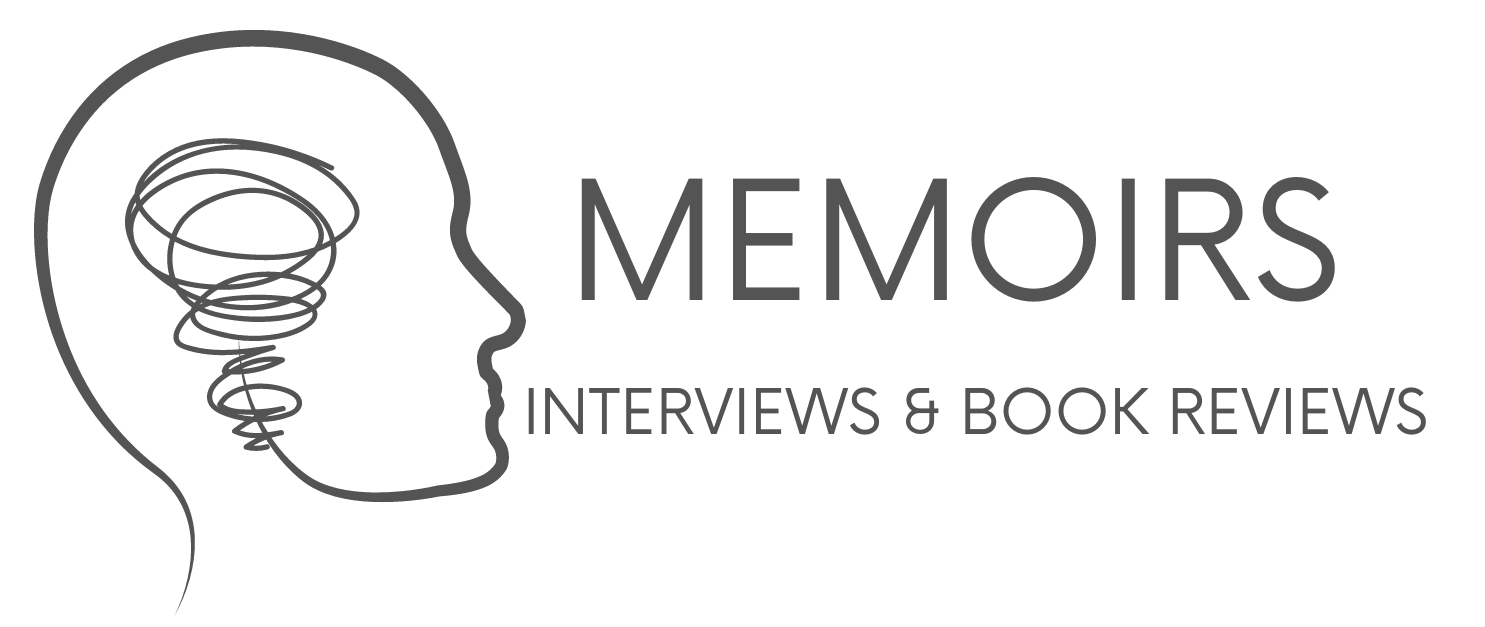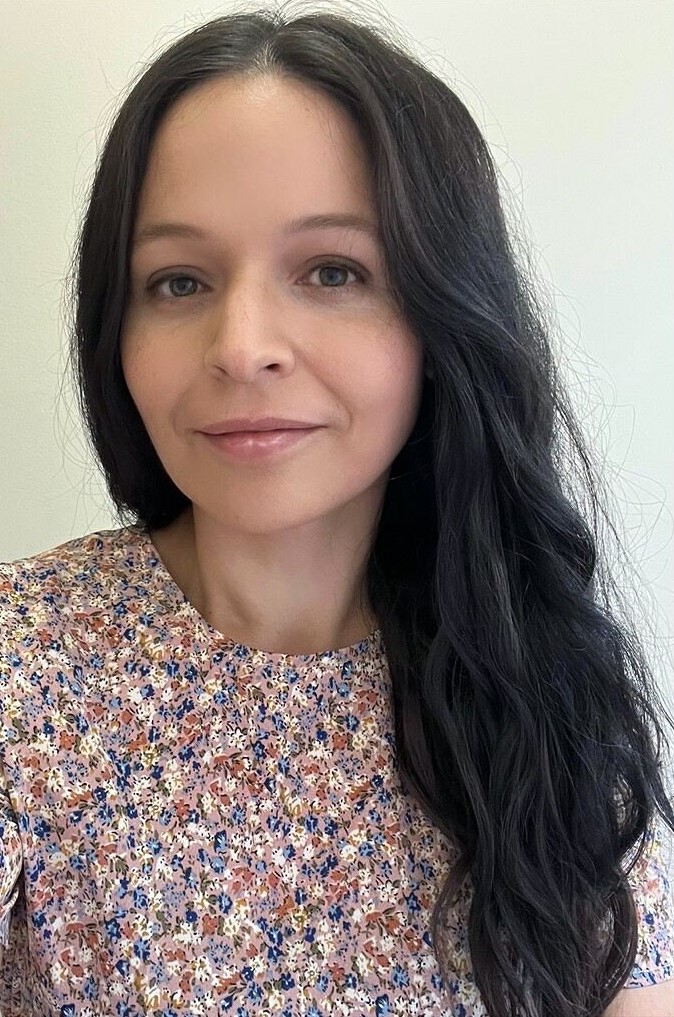 In this interview, Teresa Benitez shares her story of trauma and motherhood in her book “Unburdening”. She talks about how she felt unprepared and ill-equipped to be a mother due to her childhood and own trauma, leading to three abortions out of four pregnancies. Reproduction and motherhood both take an emotional toll on any person but especially those who have experienced past traumas. By sharing her story, Benitez hopes that readers may gain insight into their own experiences with reproduction or motherhood and gain strength by knowing they are not alone.
In this interview, Teresa Benitez shares her story of trauma and motherhood in her book “Unburdening”. She talks about how she felt unprepared and ill-equipped to be a mother due to her childhood and own trauma, leading to three abortions out of four pregnancies. Reproduction and motherhood both take an emotional toll on any person but especially those who have experienced past traumas. By sharing her story, Benitez hopes that readers may gain insight into their own experiences with reproduction or motherhood and gain strength by knowing they are not alone.
This book provides a unique view on the fraught yet very real topics of abortion, womanhood, and what it means to make hard choices. It is a powerful source of comfort and understanding for anyone who has faced similar experiences. It also serves as a reminder that traumatic events don’t have to define us, but can instead be seen as an opportunity for growth and self-reflection. Benitez’s story offers hope and humanity in the midst of difficult circumstances, encouraging readers to seek strength in their own stories.
Through this book, Benitez seeks to create empathy towards those who have had abortions and provide support so that no one feels alone in their journey of recovery or motherhood. “Unburdening” speaks to a deep truth about our collective experience: we are never truly alone. There is strength to be found in sharing our stories.
This interview is an honest and intimate look into Benitez’s journey, one that will encourage readers to keep going and never give up on their dreams. Her story has the potential to bring comfort to many who have felt or are feeling similar emotions. It is a reminder of how powerful we can be when we open ourselves up to vulnerability and share our stories without shame or fear. By speaking her truth, Teresa Benitez offers hope to all those who are struggling with reproductive issues or motherhood—no matter what their story may be.
- Tell us about this book?
“Unburdening” is a narrative non-fiction presentation of my four pregnancies, three of which resulted in abortions. It digs deeper; why did I feel unprepared and ill-equipped to be a mother? It stemmed from my childhood and own trauma. Reproduction and motherhood are both difficult, and take a toll on the heart. My four pregnancies are described, including detailed accounts of the three abortion procedures.
- What is the PRIMARY benefit, above all others, that your potential reader will gain from reading this book?
There are two primary benefits. The reader may gain more knowledge about what abortion procedures are like behind closed doors. But readers may also feel more understood and less alone if they share experiences with the author, such as depression, anxiety, abortion, single motherhood, abuse, generational trauma, and healing through therapy.
- If you had to compare this book to any other book out there, which book would it be?
In terms of an educated woman who overcame childhood trauma, there are some parallels to the books “Educated” or “The Glass Castle” (both written by authors whom I admire). However, it is shorter and emphasizes the abortions more than the rest of my life.
- Hundreds of thousands of books come out every year. Why should someone buy THIS book?
This memoir explores the ambivalence within a person’s mind when faced with the reality of an unwanted pregnancy. Some abortion books are “pro-choice” or “pro-life”, but this book—albeit apparently “pro-choice” since the main character has three abortions—does not have an agenda. The main character is conflicted throughout the book.
- Who is your target audience?
Adult people who wish to learn more about abortion procedures, and/or about the mental and physical effects on a pregnant person after a procedure.
- Did your environment or upbringing play a major role in your writing and did you use it to your advantage?
Absolutely; my upbringing—with its ups and downs—shaped me as a person who will always need therapy to survive and thrive. Writing is cathartic.
- How would you describe your writing style?
I like to incorporate poetic elements into my writing. I want to show what is happening, not just say it, and I want the reader to feel the emotions with me.
- Are your characters pure fiction, or did you draw from people you know?
For this book, all of the characters are real.
- Are you more of a character artist or a plot-driven writer?
Both are needed for the type of story I like to tell.
- What do you hope to accomplish with your book other than selling it?
I would like to become a writer full-time. To share my stories—memoirs or fiction based on my experiences—with others who may feel relieved to know that they are not alone.
